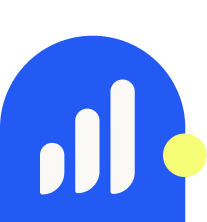When it comes to learning, most of today’s technology and methodology is centered around formal programs. This can include an elearning initiative at a company, curriculum for live classroom training, and everything in between.
In fact, every single one of the consulting projects I participated in was for formal learning.
We had a predefined time frame for delivering the content and measuring the results. The online and live training sessions were structured in such a way that we could see the impact of the content and the changes that it produced.
But as many of us know, not all learning is formal. Often there is more learning done in an informal manner.
The trouble with informal learning is that it can be difficult to measure – if at all. However, it is also possible for informal learning to have a more significant impact on organizational performance.
Often informal learning is self-initiated. The learner is motivated to find the answer to “something” and they go about a variety of ways to learn the information. This can mean asking a colleague, searching online, or watching a video.
Informal learning is always happening. As the infographic below states (originally created by Good Practice), roughly 46% of employees spend anywhere from one to 30 minutes per day on informal learning.
Perhaps the statistic that is even more telling is that only 6% of employees indicate spending zero time on informal learning. This leaves a whopping 94% engaged in some form of informal learning each day.
An organization that can gain better understanding into the informal learning that takes place among their employees will be in a better competitive position than those that do not.
For more facts and figures relating to informal learning, reference the following infographic:

Justin Ferriman
@LearnDashLMS








